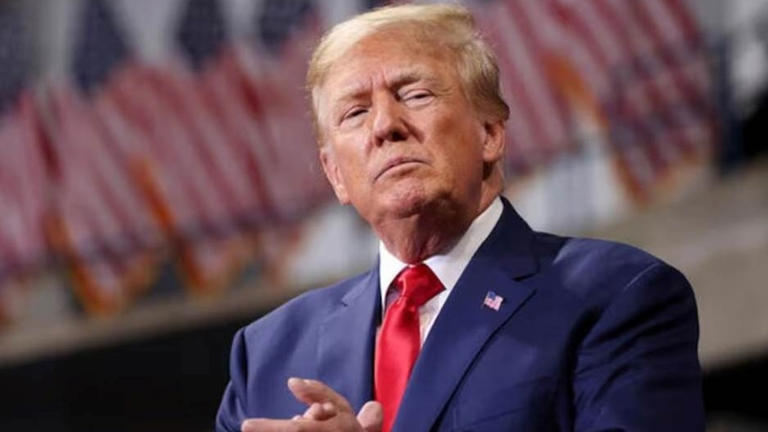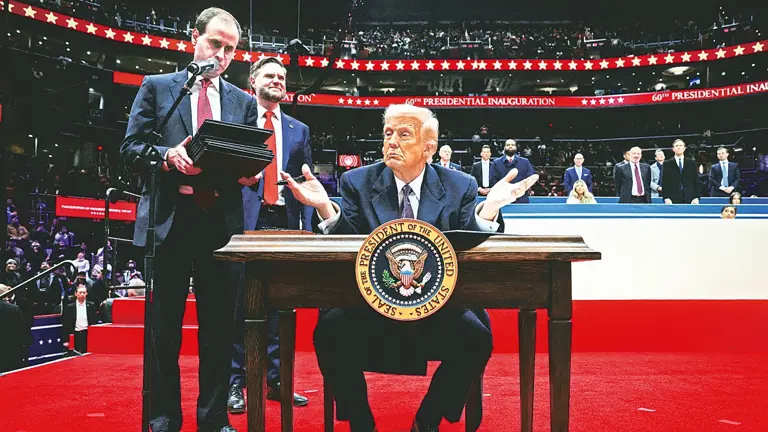India Auto Growth: Industry Set for Moderate Expansion with SUVs Leading the Way
The Indian auto industry is set for moderate growth over the next three years, with passenger vehicles (PVs), commercial vehicles (CVs), and two-wheelers (2Ws) showing varied performance. According to a Nomura report, the India Auto Growth outlook suggests:
✔ Passenger Vehicle (PV) growth – 1.5% in FY25, 5% in FY26, and 6% in FY27
✔ Commercial Vehicle (CV) sector – Flat in FY25, 5% growth in FY26 and FY27
✔ Two-Wheelers (2W) and Three-Wheelers (3W) – Strong demand with double-digit growth in FY25
However, challenges in affordability and rising costs may hinder mass-market segments, while SUVs and premium vehicles are expected to drive India Auto Growth.
Passenger Vehicle (PV) Growth: SUVs Leading, Mass Segment Struggling
India’s passenger vehicle industry will experience gradual expansion, but growth will not be uniform across segments.
1. SUVs and Premium Cars to Dominate Growth
SUVs and premium vehicles are expected to outperform the overall PV segment, as consumer preference shifts toward larger, feature-packed vehicles.
✔ Rising disposable income among urban buyers
✔ Strong demand for SUVs with advanced safety features
✔ Automakers focusing on premium segment launches
Industry Insight: “Key players believe the premium and SUV segments will continue to do well, while the mass segment may remain subdued.”
2. Mass-Market Cars Facing Affordability Challenges
The entry-level car segment, once a driving force behind India Auto Growth, is struggling due to rising costs and weak demand.
❌ Currency depreciation has raised manufacturing costs
❌ Limited impact of tax cuts on lower-income consumers
❌ Demand for smaller cars remains weak
According to SIAM (Society of Indian Automobile Manufacturers), affordability remains one of the biggest roadblocks in mass-market car sales. Automakers remain cautious about future demand in this segment.
Commercial Vehicle (CV) Market: Growth Dependent on Economic Activity
The commercial vehicle sector, which includes trucks and buses, is expected to grow in line with infrastructure development.
✔ Flat growth in FY25, but a 5% increase in FY26 and FY27
✔ Stronger demand for heavy commercial vehicles (HCVs) expected from construction and logistics sectors
✔ Growth linked to government investments in infrastructure
Since the CV industry depends heavily on economic conditions, its recovery will be gradual and dependent on policy support.
Two-Wheeler (2W) and Three-Wheeler (3W) Segments: Outpacing Other Categories
Unlike the PV and CV segments, India Auto Growth is expected to be stronger for two-wheelers (2Ws) and three-wheelers (3Ws).
✔ 2W segment: 10% growth in FY25, 7% in FY26, and 6.5% in FY27
✔ 3W segment: 10% growth in FY25, followed by 5% in FY26 and FY27
Why is the 2W and 3W Market Growing Faster?
🚀 Rising demand in rural areas for affordable mobility solutions
🚀 Increased adoption of electric two-wheelers (EVs)
🚀 Government incentives boosting electric mobility
Market Outlook: The India Auto Growth trend suggests that two-wheelers and auto-rickshaws will experience sustained demand, especially in tier-2 and tier-3 cities.
Challenges Affecting India Auto Growth
Despite moderate growth projections, the Indian automobile industry faces several key challenges:
❌ Currency Depreciation: Higher import costs impact vehicle pricing
❌ Affordability Issues: Entry-level car buyers struggle with rising costs
❌ Slower Urban Demand: Economic uncertainty affects middle-class purchasing power
❌ Evolving Consumer Preferences: Shift toward SUVs and electric vehicles (EVs) reshapes market dynamics
Industry experts suggest that policy measures, tax incentives, and fuel price stability will be crucial for sustaining India Auto Growth.
Future Trends in the Indian Auto Industry
Looking ahead, India Auto Growth will be shaped by:
1. Growth in Electric Vehicles (EVs)
🔋 Government incentives accelerating EV adoption
🔋 Increase in charging infrastructure and battery technology
🔋 Automakers launching more affordable EV models
2. Digital Transformation in Auto Retail
📲 Rise of online car buying platforms
📲 Increased focus on AI-driven customer experiences
📲 Dealerships integrating digital tools for better service
3. Focus on Sustainability & Green Mobility
🌱 Higher adoption of fuel-efficient and hybrid vehicles
🌱 Tighter emission norms pushing manufacturers toward greener technology
🌱 Government policies encouraging clean energy mobility
What Lies Ahead for India Auto Growth?
The Indian auto industry is on a steady recovery path, with SUVs, premium vehicles, two-wheelers, and three-wheelers driving the next phase of growth.
🚀 Key Takeaways:
✔ SUVs and premium cars are leading market expansion
✔ Mass-market segment faces affordability challenges
✔ Commercial vehicle growth tied to economic and infrastructure development
✔ Two-wheelers and three-wheelers are witnessing double-digit growth
While challenges remain, India Auto Growth will be driven by changing consumer preferences, technological advancements, and supportive government policies.
💬 What are your thoughts on India Auto Growth? Will SUVs continue to dominate the market, or will EVs take the lead?







